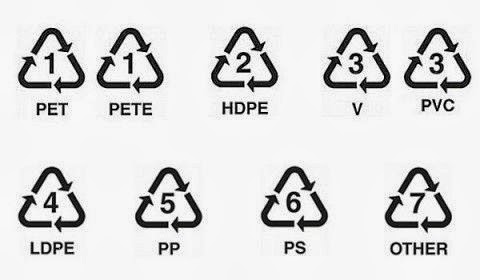Artículos recomendados para economistas e investigadores
Hoy les comparto una recopilación de artículos que resultaran interesantes para los que se dedican a la investigación económica. Se incluyen algunos artículos relacionados con la educación, las finanzas, y publicación en revistas académicas (papers en journals).
Para economistas:
- The new astrology. By fetishising mathematical models, economists turned economics into a highly paid pseudoscience (Aeon).
- What economists study: A guide for the curious. With the press continuing to cast economics in a negative light, it is worth rethinking how our field is described to a lay audience. This column argues that even elementary principles can surprise non-economists with their power to explain a broader set of questions than most would think possible (VOX).
Para los que investigan en el área de las finanzas:
- Do security analyst recommendations bet on or against academic findings? (Alpha Architect).
- A hot investment style looks great in the rearview mirror. Investment vehicles designed based on past performance might just disappoint in the future (Bloomberg).
- How to get into Equity Research? (WallStreetMojo).
- The choice of valuation techniques in practice: Education versus profession. The valuation of firms, projects, and transactions directly affects investment decisions and the allocation of resources in the economy. But practitioners often dismiss 'academic' valuation techniques. This column uses a survey of valuation professionals to argue that the real-world choice of valuation methods is often arbitrary, and influenced more by professional subgroup than educational background. In which case, we should ask whether finance education beyond bachelor's degrees is merely a sideshow (VOX).
Sobre publicar un paper en un journal:
- 10 journals for publishing a short economics paper (Development Impact).
- The truth about China’s cash-for-publication policy (MIT Technology Review).
- The state of development journals 2017: Quality, acceptance rates, and review times (Development Impact).
- The life cycle of scholarly articles across fields of research. Researchers are evaluated using citation counts, often with a cut-off date. But this column shows that the lifecycle of citations differs between disciplines, with some subjects having earlier peaks or steeper declines in annual citations than others. These differences should be taken into account when evaluating researchers or institutions (VOX).
Investigación en Educación:
- Measuring how much universities spend on teaching. In an attempt to improve incentives for university teaching, the UK government recently introduced a Teaching Excellence Framework. This column uses data on contact hours and class size to measure how much teaching students receive at university. The results reveal large variation across disciplines, and even larger variation within disciplines (VOX).
- What’s new in education research? Impact evaluations and measurement (Development Impact).
- Making it count: Incentives, effort, and performance in higher education. Feedback has been found to improve exam performance in the context of higher education, but demand for feedback is low among students when obtaining it requires unrewarded effort. This column evaluates how the provision of extrinsic incentives affects students’ effort and performance. Having online learning assessments count towards final grades is found to trigger large participation increases, and better subsequent exam performance. Given the low cost of these interventions, they offer particular promise in higher education (VOX).
Metodología:
- Trouble with pre-analysis plans? Try these three weird tricks (Development Impact).
Si te gustó el post no te olvides de compartir
- Share the Knowledge



Comentarios